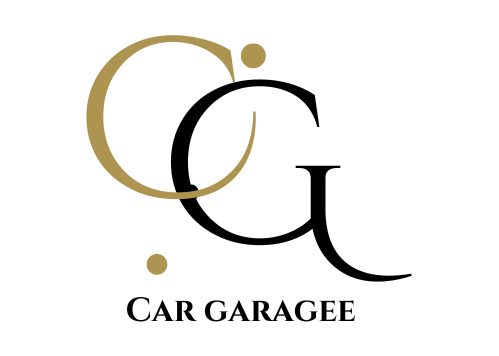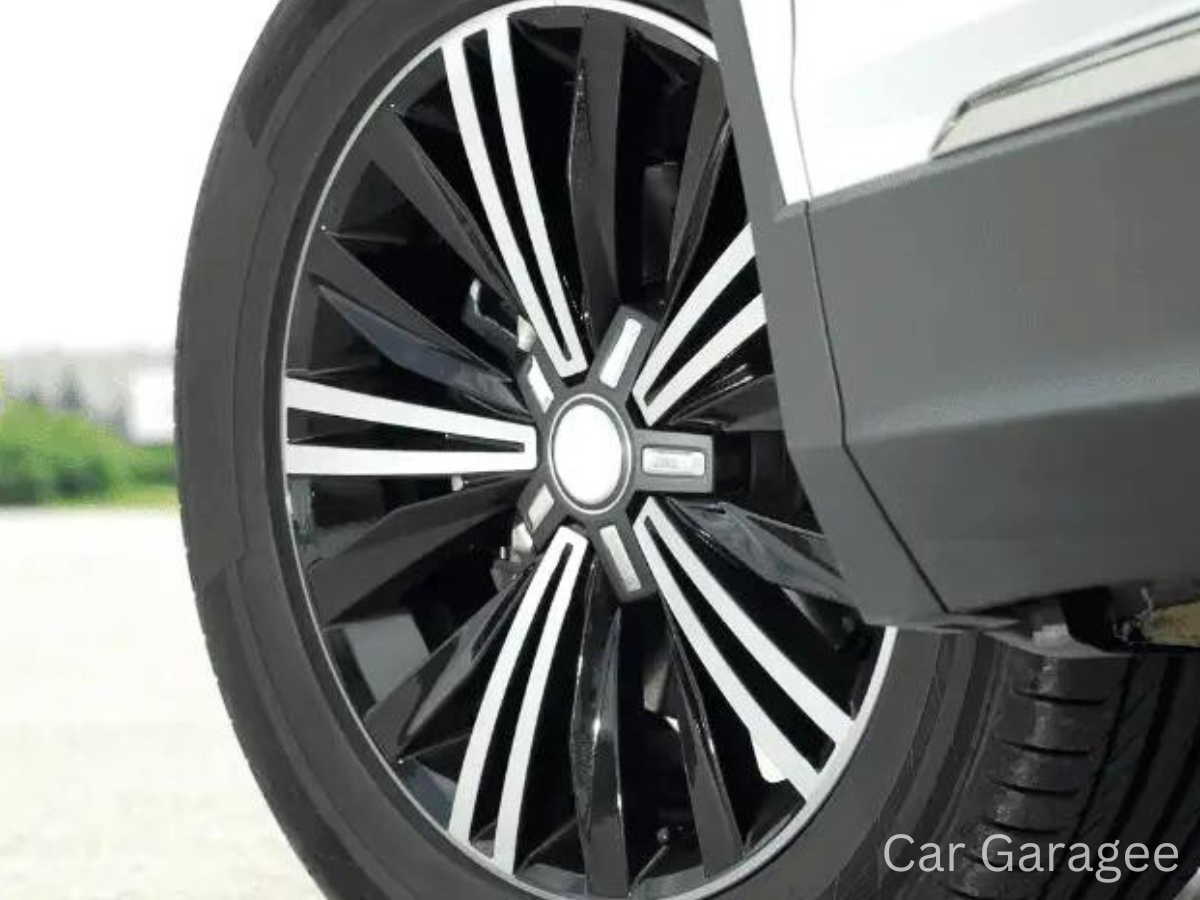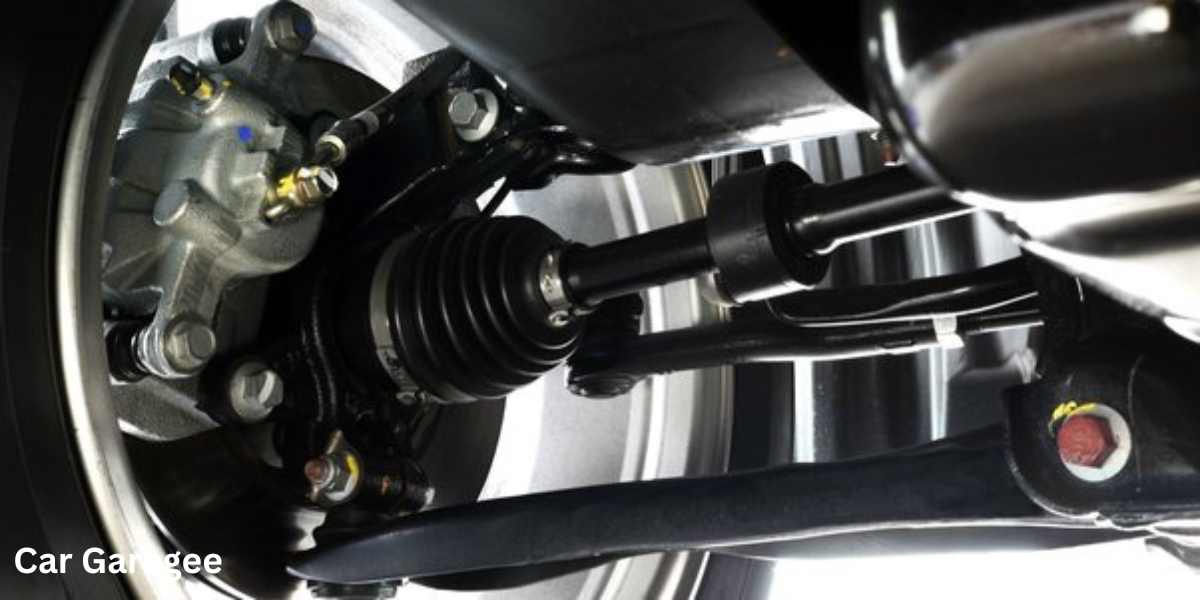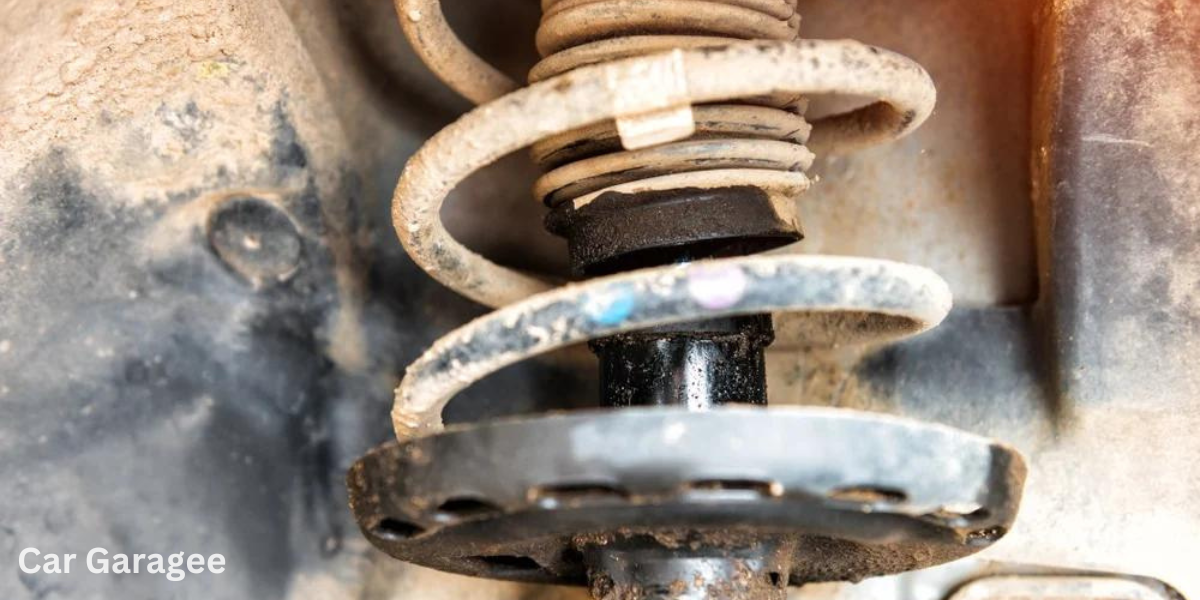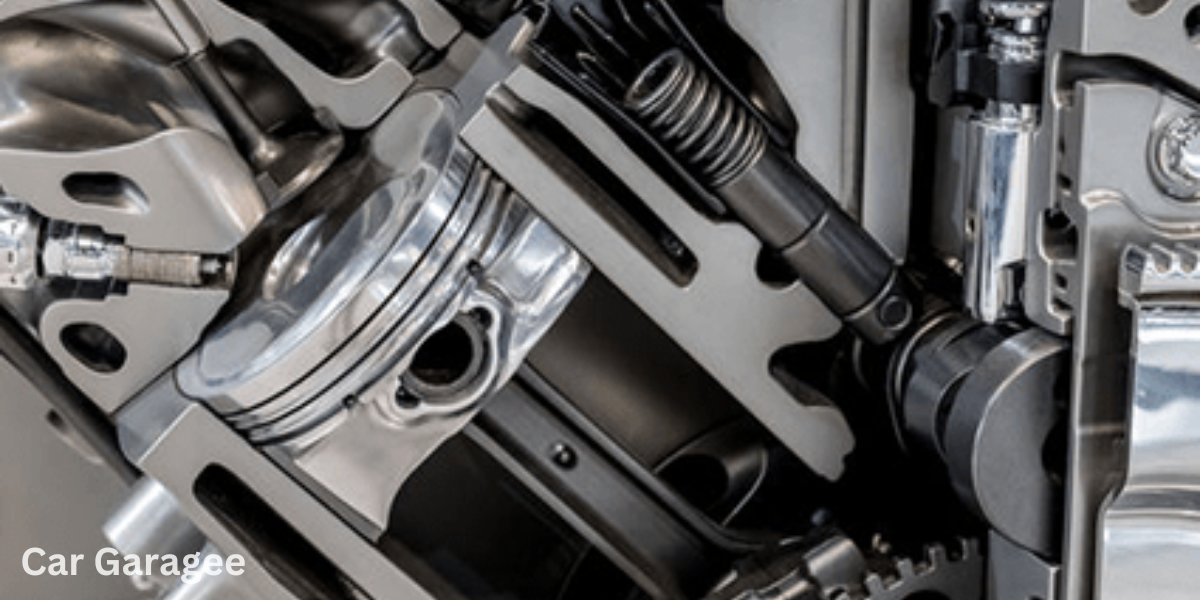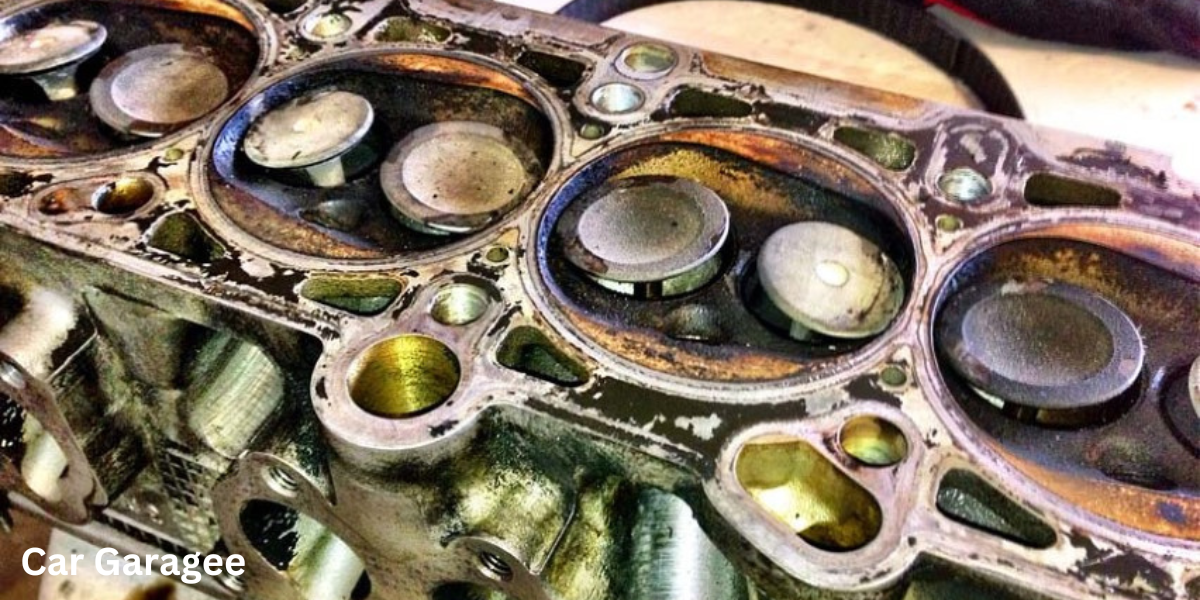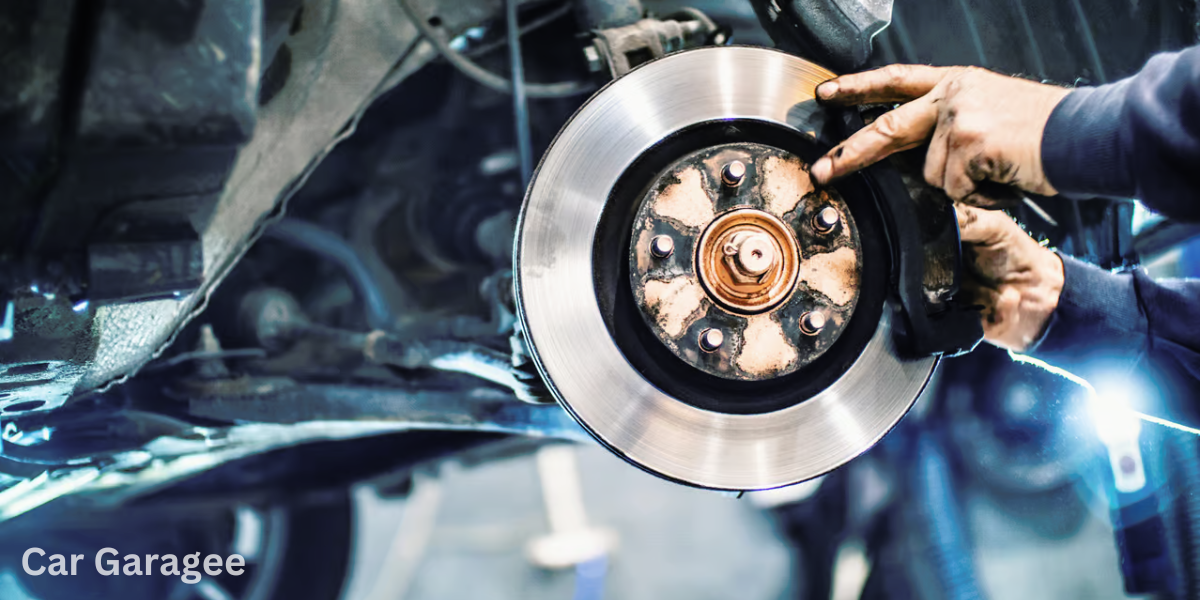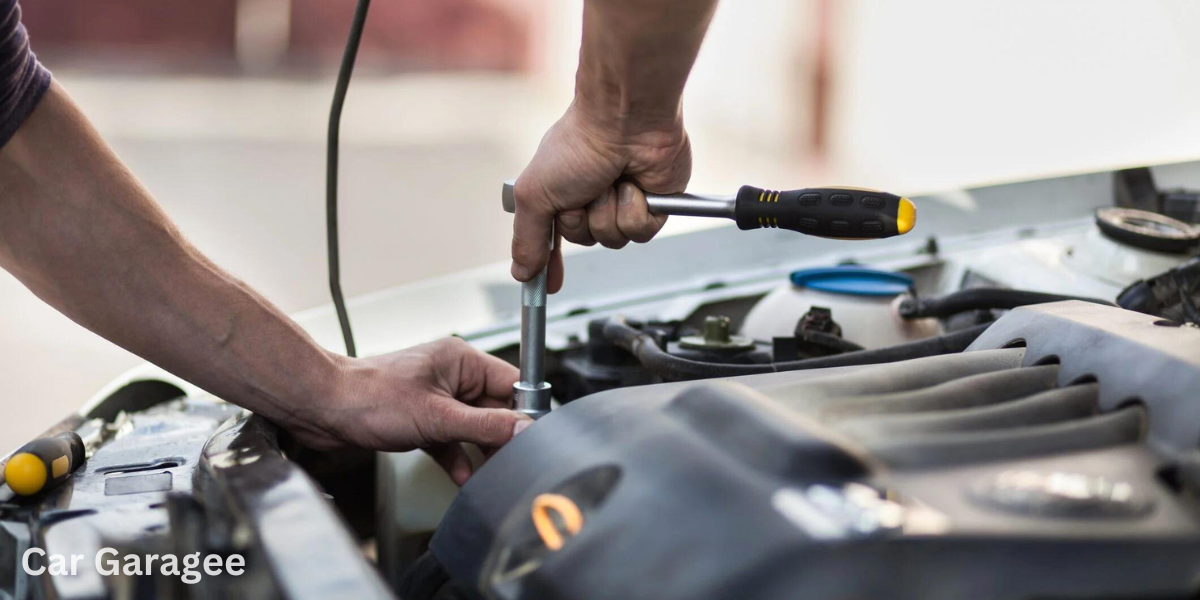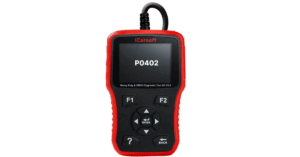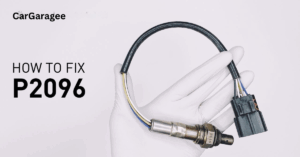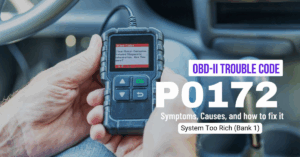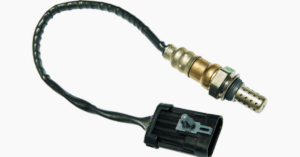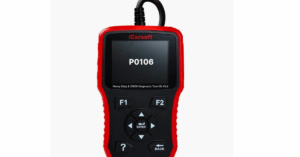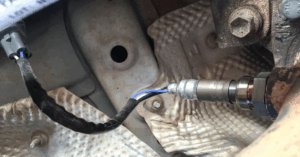When your car starts making strange noises, it’s trying to tell you something is wrong. One of the most common and concerning sounds is a grinding noise when turning the steering wheel. This noise can come from various issues but don’t worry—figuring out the cause and fixing it is usually straightforward.
Imagine your car is having a conversation with you, trying to say, “Hey, something’s not right!” Understanding these sounds can help you keep your vehicle running smoothly. In this guide, we’ll discuss what might be causing that grinding noise and how you can fix it to keep your car in great shape.
Grinding Noise When Turning: Likely Causes
When you hear a grinding noise when turning your steering wheel, it’s a sign that something needs attention. Different car models might have other issues, but there are some common causes that you should check out.
-
Worn-Out Wheel Bearings
Poor wheel bearings are among the most common reasons for a grinding noise when turning. Wheel bearing are essential because they reduce friction between the axle and the wheel. When they wear out, they can’t do their job correctly, which causes friction and results in a grinding noise when you turn the steering wheel. This noise might also occur when you accelerate. The solution is straightforward: replace the worn-out bearings to stop the noise.
-
Faulty Power Steering Rack
The power steering rack is a crucial component that helps you turn the steering wheel with minimal effort. It connects the fuel and electrical systems. If you hear noises when turning the wheel left or right at low speeds, it could be a sign that the power steering rack needs to be fixed or replaced. Addressing this issue promptly can help maintain smooth steering performance.
-
Problems with the Brakes
A grinding noise in the steering wheel when turning can also come from the brake assembly. This might be due to a loose brake shield, worn-out brake calipers, pads, or rotor misalignment. Any of these issues can cause friction, leading to a grinding sound. To resolve this, check your entire brake system thoroughly and fix any worn or misaligned parts.
-
Worn-Out Shock Absorbers
Shock absorbers and struts are designed to support the weight of your vehicle and provide a smooth ride. However, frequent exposure to bumps and rough roads can cause these components to wear out prematurely. When shock absorbers are damaged, they can lead to a grinding noise when turning, as they fail to cushion and support the vehicle properly.
-
Issues with the CV Joint
Another possible cause of a grinding noise when turning the steering wheel at low speed is a problem with the CV joint. The CV joint is part of the drive shaft and is crucial for smooth turning. If there’s an issue with the CV joint, whether it’s minor or significant, it can create a grinding noise. To fix this, you must inspect the drive shaft and CV joint and address any problems.
Other Possible Causes
Apart from these common issues, there might be other reasons for a scraping noise when turning left at low speed. It’s essential to listen to your car and investigate any unusual sounds promptly to prevent further damage.
READ MORE:
Squealing Brakes at Low Speed: Causes & Solutions
Car is Losing coolant no leak no overheating? What to do
How do I Permanently Disable Anti Theft System
Grinding Noise When Turning: 10 Types You Should Know
Hearing a grinding noise when turning your car can be concerning, but understanding the different types of noises can help you identify and fix the problem. Here are ten types of grinding sounds you might encounter and what they mean.
-
Baby Crying Sound
A sound like a baby crying from the rear of a car with a rear-wheel-drive system, especially when accelerating or decelerating, can indicate worn gears or damaged bearings. Addressing this issue quickly can prevent further damage to the drivetrain.
-
Animal Screaming Sound
If you hear a noise like an animal screaming when you start your car, it might be due to a worn-out or loose rubber strap. This issue is usually inexpensive, so take your car to a mechanic to replace the belt and stop the noise.
-
Hammering Sound
A sound like a hammer knocking under the car’s hood often signals early ignition issues. This can happen when accelerating or starting the engine, damaging the piston system. Using higher-octane gasoline can help delay ignition timing and prevent this problem.
-
Repetitive Rattling Noise
If you hear a repetitive rattling noise at slow speeds, especially in a front-wheel-drive car, it could be due to problems in the transmission coupling. The car’s rear might have issues if the sound comes from the rear. Have a mechanic inspect the transmission to diagnose and fix the problem.
-
Wind Whistling Sound
If you start your car and hear a sound like wind blowing from the engine, it might be due to a leak in the engine’s cooling system or the vacuum tube. This can cause the engine to overheat and affect fuel efficiency. Check for leaks and repair them promptly.
-
Growling or Moaning Sound
Like a lion’s roar, a growling or moaning noise often indicates problems with the power steering system. Modern cars use electric power steering, which can show signs of wear after a few years. If you hear this noise, check your power steering system to avoid steering difficulties.
-
Hissing or Moaning Sound
When you apply the brakes, a hissing or moaning sound often points to worn-out brake pads. The metal plates in the brake system can create friction against the rotor, causing this grinding noise when you turn or brake. Replace the brake pads to resolve this issue.
-
Door Knocking Sound
A knocking sound like a door knock can mean issues with the fuel pump system. This happens when the fuel pump can’t push fuel properly or pump valves have gaps that need adjustment. Inspect and adjust the fuel pump system to fix this noise.
-
Metal Collision Sound
A noise like metal plates colliding, even when you haven’t hit anything, could indicate a problem with the joints, steering wheel, chassis, or suspension system. This grinding noise when turning, often signals deterioration that needs immediate attention.
-
Crunching Sound from the Gearbox
If you hear a crunching sound from the gearbox when starting the car, it could be due to a faulty clutch or other gearbox issues. This grinding sound while turning or starting should be checked by a mechanic to determine the exact cause and solution.
Solutions for Grinding Noise When Turning
Hearing a grinding noise when turning your car can be concerning, but there are straightforward ways to fix this issue. Here are some practical solutions to help you deal with the grinding noise when turning the steering wheel.
-
Checking Power Steering Fluid Levels
Low power steering fluid levels can cause grinding noises when turning. The power steering fluid helps make turning the wheel smooth and easy. When the fluid is low, it can create a grinding noise because the system isn’t getting the lubrication it needs. Regularly check the power steering fluid level in your car’s reservoir. If it’s low, top it up with the recommended fluid for your vehicle. If you find that the fluid level drops frequently, it could mean there’s a leak. In this case, have your car inspected by a mechanic to find and fix the leak.
-
Changing the Vibration Frequency
Changing the frequency of vibrations is another good way to reduce scraping noise when turning. Our ears are less sensitive to very high or very low frequencies. By making certain parts harder or heavier, the frequency of vibrations can be changed to a range we can’t hear easily. This method is beneficial for reducing noise inside the car.
-
Using Soundproofing Materials
Soundproofing materials can significantly reduce the grinding noise when turning the steering wheel. This method, called noise isolation, is beneficial for metal parts. Adding rubber between the suspension and the car body can block noise. Plastic materials between metal parts can also help reduce sound. Additionally, sponges or flexible soundproofing panels attached to the metal parts can strengthen them and reduce vibrations.
Engineers often use built-in speakers to find the areas that vibrate the most. Adding soundproofing materials to these spots effectively reduces the noise. However, it’s crucial to balance soundproofing with the car’s weight and fuel efficiency.
-
Tightening Loose Components
Loose components in your car’s suspension and steering systems can cause vibrations and noise when you turn the wheel. Due to regular driving, bumps, and vibrations, bolts, brackets, and other parts can loosen over time. Regularly check for any loose components to reduce the grinding noise when turning. Make sure everything is securely fastened and tightened. Please pay special attention to the suspension and steering parts, as they are directly involved in turning the car. Ensuring all components are tight can help reduce or eliminate the grinding noise.
-
Preventing Noise at the Source
The best way to deal with a grinding noise when turning is to stop it at the source. This means blocking the noise before it reaches the inside of your car and reducing the vibrations that cause the noise. While this method is very effective, it’s only sometimes possible. For example, different tires make different noise levels, especially on rough roads. Choosing quieter tires can help reduce the grinding noise when turning.
FAQs
How much does it cost to fix grinding sound when turning?
| Car Services | Cost |
|---|---|
| Power Steering Fluid Change | $20 – $120 |
| Wheel Bearings Replacement | $120 – $600 |
| Bent Axle or CV Joint Replacement | $220 – $1,000 |
| Brake Issues, Steering System, and Suspension Check-Up/Repair | $90 – $1,000 |
Overall, depending on the source of the noise, repair prices might range from less than $20 for a power steering fluid change to more than $1,000 for a bearing or axle replacement. Most repairs will fall between $100 and $500 for parts and labor. You can save on labor costs by doing some repairs yourself, but be sure to follow the manufacturer’s specifications and double-check your work for safety.
What causes a grinding noise when turning?
Worn-out wheel bearings often cause a grinding noise when turning. Wheel bearings act as a buffer between the axle and the wheel, preventing friction. When they wear out, friction increases, leading to a grinding sound when you turn. This noise can also occur when accelerating.
Does a lousy wheel bearing make a grinding noise?
Yes, a bad wheel bearing can make a grinding noise. You’ll hear this noise regardless of your speed, and it often changes in pitch when you turn corners. The grinding noise will speed up with the car and get louder or quieter depending on whether the inner or outer wheel bearing is faulty.
Is it safe to drive with a noisy wheel bearing?
It’s not safe to drive with a noisy wheel bearing for long. If you notice signs of a bad wheel bearing, try to drive at most 500 miles before getting it fixed. A failing wheel bearing makes driving more difficult and unsafe. You can drive up to 1,000 miles with a good-quality wheel bearing, but it’s best to address the issue as soon as possible.
How long do wheel bearings typically last?
Wheel bearings typically last between 85,000 and 100,000 miles. However, this lifespan can be shortened by hitting curbs, speed bumps, or potholes at high speeds. Exposure to water, mud, road salt, or sand can also reduce the lifespan of your wheel bearings.
Why do I hear a grinding noise when turning left?
A grinding noise when turning left is often due to a worn-out wheel bearing or issues with the CV joint. Problems with the power steering system or suspension components could also cause it. It’s important to get your car checked by a mechanic to diagnose and fix it.

Mian Hashir is a passionate automotive enthusiast and the lead author at Car Garagee, a website dedicated to providing in-depth car reviews, maintenance tips, and the latest news in the automotive world. With years of experience in the industry, Hashir combines his technical knowledge with a love for cars to deliver insightful and engaging content. Whether you’re a car owner or a curious reader, Mian Hashir’s articles help readers make informed decisions, from choosing the right vehicle to understanding how to keep it in top condition.
